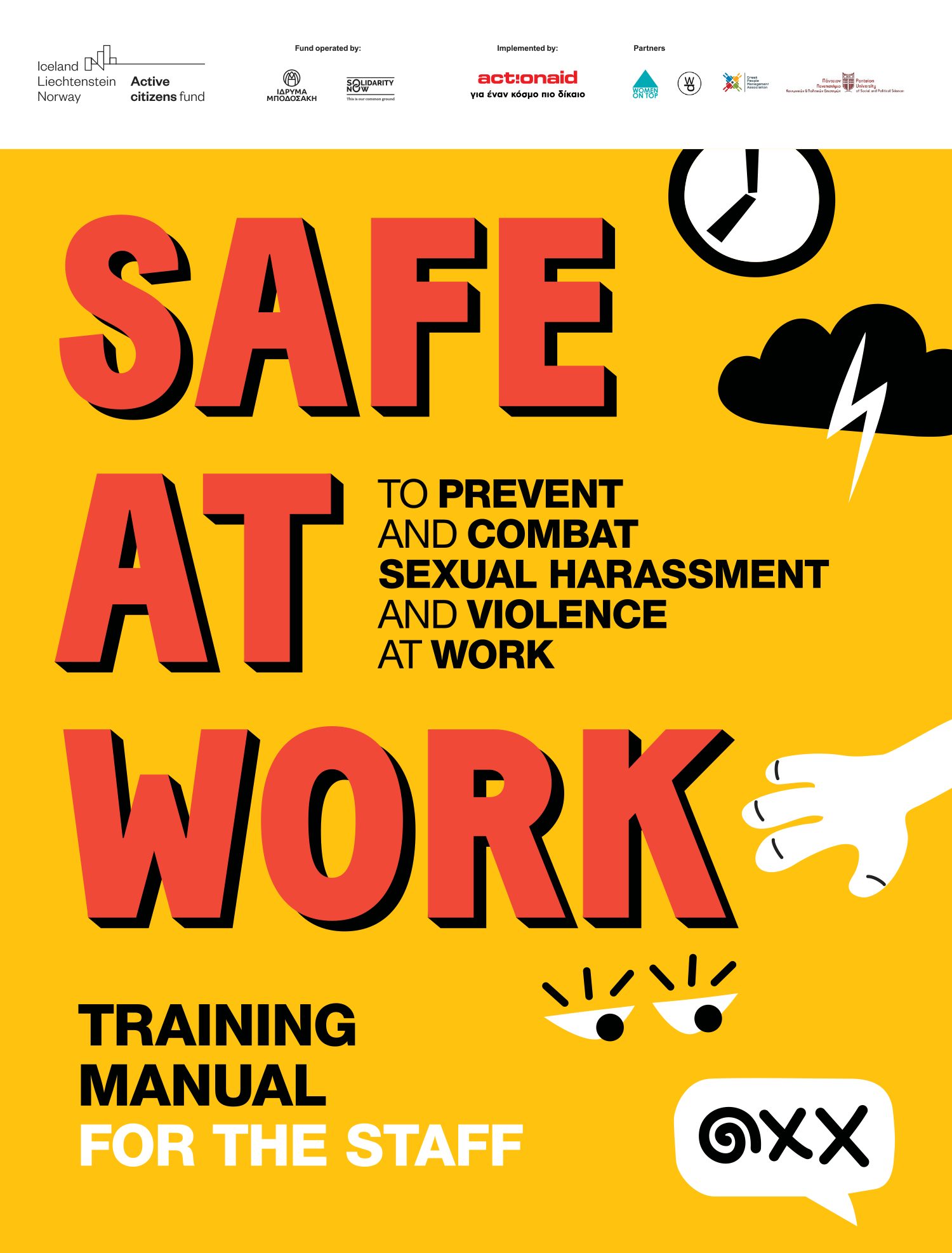
Sexual harassment and violence at work is not a new phenomenon and, unfortunately, it is not rare either, even in modern times.
According to a recent survey by ActionAid, 85% of women in Greece have experienced sexual harassment at work. The cost, moral, physical, mental, communicational and financial, is enormous.
Sometimes, either as individuals or as managers of businesses and organisations, we ignore it or downplay its importance, because we see it as inevitable, we do not know how to prevent or address it, we fear the impact it may have on our public image, or because we believe it should not be such a serious concern. In practice, however, we know that sexual harassment and violence in the workplace has adverse effects, both on the victims and on those who witness such incidents, on their teams, on the companies they work for and on the wider society. The consequences are health-related, emotional, social and economic.
Preventing and addressing sexual harassment and violence at work is not just a women’s cause, it is not just a legal matter, it is not just a task for leaders; it is the responsibility of each and every one of us, to the extent that we wish to work and grow in a safe professional environment.
This handbook covers what sexual harassment is and isn’t, the context in which it can occur, and the ways in which we can deal with it when we are put in a difficult position. It also includes how we should behave at work, to foster inclusion and respect, how we can set our own boundaries, along with small but important rules of conduct that will help us not to violate, even unintentionally, the boundaries of our colleagues. Finally, the handbook closes with the myths that we need to debunk if we want to make a meaningful contribution to addressing the phenomenon of sexual harassment at work.
The project “Safe at Work” is implemented under the Active citizens fund programme, with ActionAid Hellas as the implementing body, and with Women on Top, the Research Committee of Panteion University, the Greek People Management Association and DataWo as partners.
The Active citizens fund programme, of €13.5 million, is funded by Iceland, Liechtenstein and Norway and is part of the European Economic Area (EEA) funding mechanism for the period 2014 – 2021, known as EEA Grants. The programme aims to strengthen and enhance the sustainability of civil society and highlight its role in promoting democratic procedures, to strengthen active citizenship and to defend human rights. The Fund Operator for the Active Citizens Fund in Greece is Bodossaki Foundation in consortium with SolidarityNow. Read more here: www.activecitizensfund.gr
